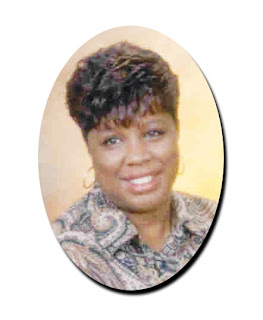Reverse Mortgages are gaining more and more steam due to the vast amount of benefits and heavy regulation in the industry.
Despite the various benefits of a reverse mortgage, it is crucial to consider its drawbacks prior to securing one.
Despite the various benefits of a reverse mortgage, it is crucial to consider its drawbacks prior to securing one.

When the homeowner dies or permanently moves out of his home, the home will need to be sold in order to pay off the mortgage. The mortgage will be due at this time, in a lump sum. If the homeowner or his inheritors want to keep the home, they would have to make payment on the home within a year of the mortgage becoming due. However, the heir can refinance the home to a loan that better fits their needs and budgets.
There are quite substantial fees involved in a reverse mortgage. This type of mortgage is generally more expensive than a regular mortgage or loan. In the beginning, the homeowner is expected to pay mortgage insurance premium, origination fee, appraisal fee and closing costs. In short, a $200,000 reverse mortgage may have $10,000 worth of fees involved with it. The fees are deducted from the loan prior to the funds being released to the homeowner. There may be additional servicing fees to be incurred during the term of the mortgage.
If the homeowner still holds a mortgage on the home when he seeks out the reverse mortgage, the mortgage will need to be paid off in full with the funds from the reverse mortgage and/or personal funds as needed.
Call Toll-Free 1-877-476-9600 to speak with one of our Loan Specialist to find out more about reverse mortgages or to request more information. There is no obligation or cost for their services.
There are quite substantial fees involved in a reverse mortgage. This type of mortgage is generally more expensive than a regular mortgage or loan. In the beginning, the homeowner is expected to pay mortgage insurance premium, origination fee, appraisal fee and closing costs. In short, a $200,000 reverse mortgage may have $10,000 worth of fees involved with it. The fees are deducted from the loan prior to the funds being released to the homeowner. There may be additional servicing fees to be incurred during the term of the mortgage.
If the homeowner still holds a mortgage on the home when he seeks out the reverse mortgage, the mortgage will need to be paid off in full with the funds from the reverse mortgage and/or personal funds as needed.
Call Toll-Free 1-877-476-9600 to speak with one of our Loan Specialist to find out more about reverse mortgages or to request more information. There is no obligation or cost for their services.






No comments:
Post a Comment